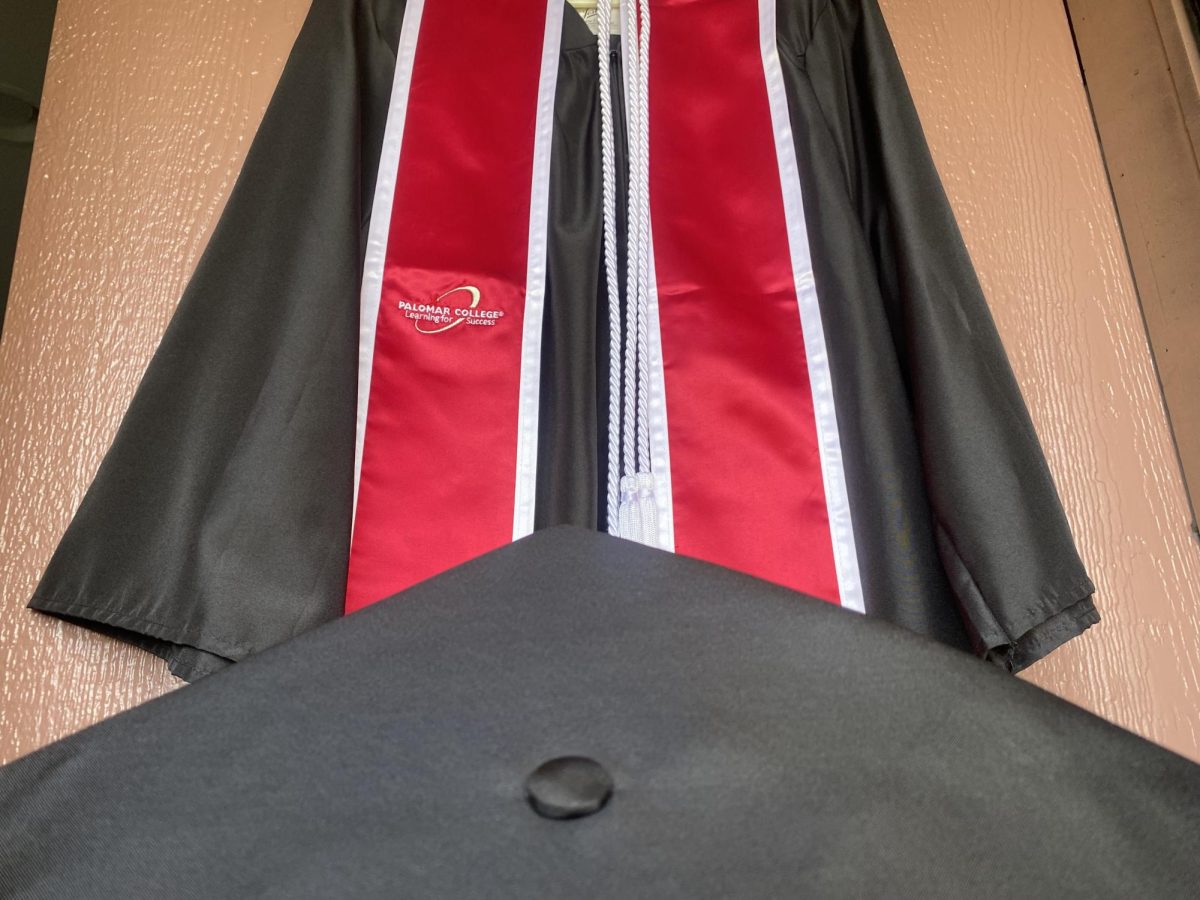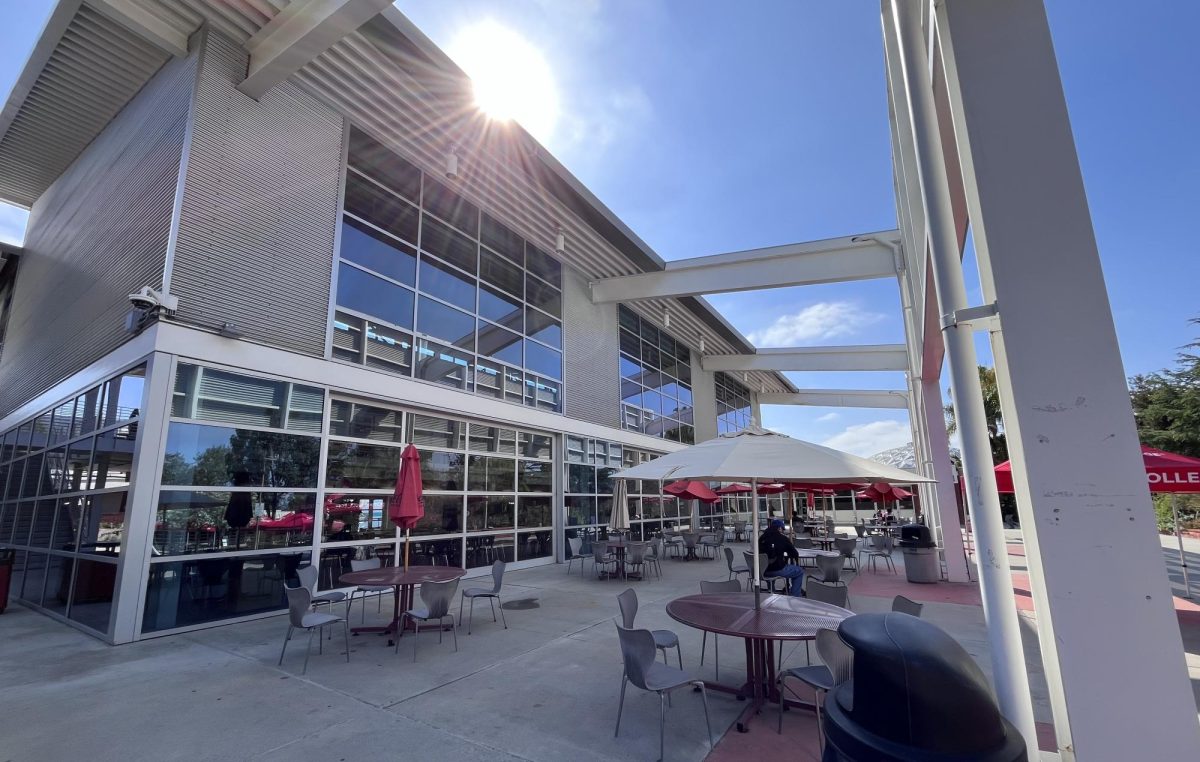Palomar faculty are firing back at accusations made by Governing Board Trustee John Halcon that criticized the college’s diversity.
During a Feb. 9 Board meeting, Halcon publicly brought into question the state of diversity among faculty hires in the English department. He criticized the last names of the faculty hires because they were not diverse enough, according to him
“I cannot believe that we cannot find a person of color, a person diverse, who can teach English. I just can’t believe it,” Halcon said in the meeting.
Rocco Versaci, the English department chair, accused Halcon’s actions as being illegal, based on the fact that Halcon admittedly informed his approval of three English faculty hires on how ethnic their names sounded when read.
“The fact that he voted not to hire people because of their names, what they did or did not convey, that’s illegal. If he had talked to other board members into joining him, that would have been an actionable offense,” Versaci said.
Versaci explained that when they are in the hiring process for faculty, he and his constituents are obligated by federal law not to judge a candidate based off of how diverse the applicants may seem.
“Just because he’s willing to ignore the law, doesn’t mean he’ll be able to force faculty to do the same thing,” Versaci said.
Teresa Laughlin, Palomar’s Faculty Union’s lead negotiator, explained diversity as a much broader and more complicated issue than what you can see in an applicant’s name.
She added that Halcon’s focus on that was troubling.
“His intentions are to bring diverse faculty and staff on to this campus, nothing is more laudable than that. He just, in my mind, has a very narrow definition of diversity,” Laughlin said.
Or as Professor Bill Jahnel put it in the March 8 meeting, “I’m curious Trustee Halcon if you could help me with these students here who have a question: how do I gay up my last name?”
Shannon Lienhart, Faculty Union president, explained that Halcon’s actions — and the Board’s lack of reaction — was a sign of laying the blame on Palomar’s faculty.
She described Halcon’s no vote as a slap in the face aimed at the ability of the faculty to select their own hires.
She used the college presidential search as an example of how, in just a few hours, the Governing Board dismissed the faculty’s “combined thousands of hours” of work that was put in by faculty and staff on the search committee.
“These people come on our campus for six hours a month and in 2016 they can be unelected,” Leinhart said. “The faculty at Palomar college have lost confidence in (Halcon’s) ability to be fair and his ability to lead the college.”
Board Trustees Halcon, Hensch and Chadwick are up for reelection this year.
In Halcon’s comment on diversity, he brought up his fear of losing students if the college doesn’t make active steps towards diversity. Specifically, he brought up the fact that Latino students make up 47 percent of the populatio, and that if this isn’t reflected in the faculty, the college risks losing their minority student enrollment.
Versaci sees this as an impractical task, stating that if Palomar want to be able to match the number of Latino faculty to Latino students, the same percentage would have to be reflected in Latino pursuing higher degrees in English.
“When he says: ‘We have this percentage of our population a certain ethnic group.’ If that same percentage isn’t reflected in the (hiring) pool, we’re never going to get there,” Versaci said.
He further gave the example that half of Palomar students are male and that this isn’t reflected in the child development or nursing, because “those are fields were a much smaller percent of males are getting graduate degrees.”
Leinhart also touched on the issue of a diverse applicant pool not being available due to the demographics that pursue a master’s degree in specific disciplines.
She went into detail on the value of whether a student can be inspired by a professor of the same ethnicity to pressure further education in a specific field, but stated that it’s unrealistic to match our student to faculty diversity in every discipline.
“We need to look at ways to expand the pool of people that are being hired,” Leinhart said. “If you want to actually attract people to come to our school and put their name into be hired, then you got to find ways to advertise and get that population here.”
Mike Popielski, interim vice president of human resources, also explained that now you can’t just throw a help wanted advertisement out there and expect people to apply, there is a need to actively pursue applicants for open positions and “help them understand why they need to come to Palomar.”
Leinhart proposed a way to address this issue is to encourage underrepresented students to pursue a career in teaching.
The mathematics professor described how when she took first her first calculus class she was one of two women enrolled; years ago, it wasn’t often that woman would pursue careers in mathematics.
“Now over the course of time I’ve been teaching, I’ve seen a real shift in demographics, were there are many women in my calculus class. It’s a generational thing. People have to start thinking about that next generation, while at the same time, doing the best we can for this generation.”
One of the classes Versaci is currently teaching is a survey of American literature from 1865 to the present.
He explained that when he went through school in the 1980s most of the authors that were lectured on were dead white males. To address this, he and many other English professors are touching on underrepresented voices and why these voices fell into the shadows of history.
He referenced how the “Norton Anthology,” a collection of literature published by W.W. Norton and Company, has changed over time to accommodate more diverse voices.
“When Halcon sits up there and calls out my department for not somehow being sensitive to diversity, it’s enraging,” Versaci said. “Certainly diversity is important to talk about and I think those conversations are happening, not just in a formal way around campus but in every classroom we’re teaching.”







